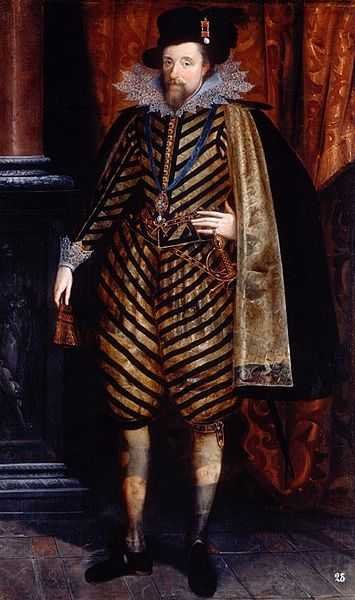9. In the immediate aftermath of Richard Cromwell's resignation, who was it who seized control of London and recalled the Long Parliament?
From Quiz The Stuarts in England : III
Answer:
General George Monck
Richard Cromwell, who didn't have the confidence of the army, was forced out of power in May 1659. The army recalled the 'Rump Parliament' - that is, the members of parliament who had survived the army's purge prior to Charles I's execution. There was an increasing struggle, however, between parliament and the army, and General Monck, commander of the English forces in Scotland, marched south to London to sort things out. He initiated the recall of the Long Parliament - the second parliament Charles I had called in 1640, including the members purged before his execution.
Seeing that the tide of turning in his favour, Charles II issued the Declaration of Breda on 4 April 1660, outlining the conditions of his acceptance of the English crown, should it be offered to him. It promised a free pardon to all his enemies, save some who had signed his father's death warrant, and (more importantly) it promised the payment of Monck's soldiers. In England, the Long Parliament voted for its own dissolution and the Convention Parliament, consisting mostly of royalists, was assembled. On receiving the Declaration of Breda, the Convention Parliament declared that Charles II had been King of Britain since his father's execution and proceeded, with great irony, to beg him to return to England to be their king. Charles, of course, didn't need asking twice. With his sister the Princess Royal, his nephew William of Orange and his brothers the dukes of York and Gloucester, Charles travelled triumphantly to the Hague, where the Stuarts were suddenly guests of honour. The Queen of Bohemia, delighted by the turn of events, was given pride of place next to Charles at the various banquets which followed - "he useth me more like a Mother than an Aunt," she reported. The British royal family had suddeny become the most popular people in town. The Queen of Bohemia was visited by, among others, Samuel Pepys, who later wrote that she was 'a very debonair lady'. The Queen was told not to worry about her many debts - the King would see to it that parliament would pay them.
 The reign of Charles I stands out, of course, because he was the first English monarch to be put on trial and executed. Let's take a look at the circumstances and see if he was a villain or a victim.
The reign of Charles I stands out, of course, because he was the first English monarch to be put on trial and executed. Let's take a look at the circumstances and see if he was a villain or a victim.  The reign of Charles I stands out, of course, because he was the first English monarch to be put on trial and executed. Let's take a look at the circumstances and see if he was a villain or a victim.
The reign of Charles I stands out, of course, because he was the first English monarch to be put on trial and executed. Let's take a look at the circumstances and see if he was a villain or a victim.  Quick Question
Quick Question = Top 5% Rated Quiz,
= Top 5% Rated Quiz,
 Top 10% Rated Quiz,
Top 10% Rated Quiz,
 Top 20% Rated Quiz,
Top 20% Rated Quiz,
 A Well Rated Quiz
A Well Rated Quiz